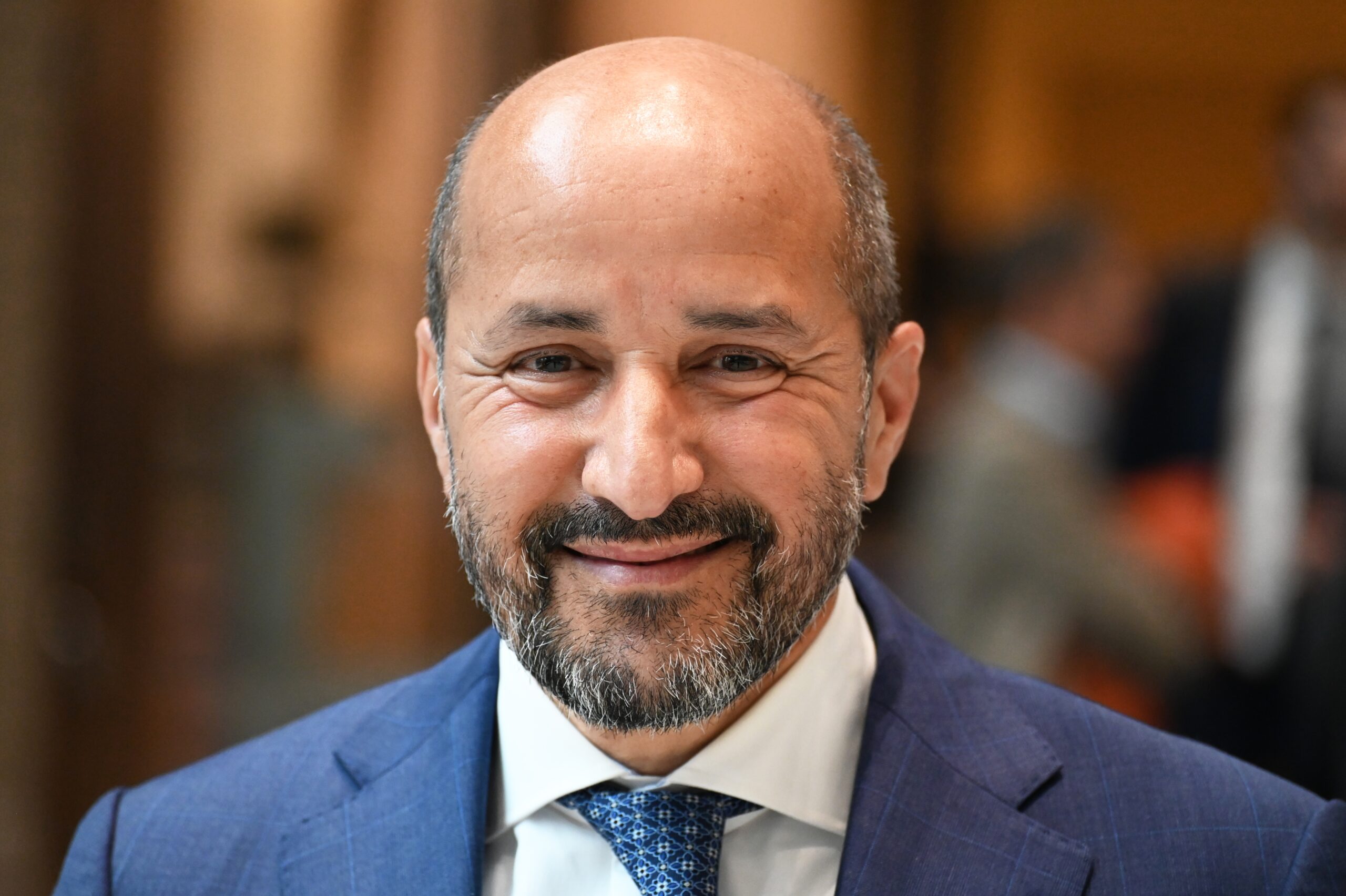Mayors of Dordrecht and Arnhem apologise for slave trading past

The cities of Dordrecht and Arnhem have formally apologised for their slave trading past on the eve of Keti Koti, the annual commemoration of the abolition of slavery.
The mayor of Dordrecht, Wolter Kolff, gave a speech in the garden of the Dordrechts Museum on Sunday in which he apologised “on behalf of the current administration of the oldest city in the Netherlands”.
Dordrecht was the third-largest importer of sugar to the Netherlands in the 19th century and one of the five cities that founded the Dutch West India Company in 1621.
“As your mayor, I offer my apologies for the part played by the city’s government in slavery from the 16th century onwards,” Kolff said.
The decision is an about-turn for the liberal VVD party mayor, who 18 months ago dismissed the idea of apologising for historic injustices, though he acknowledged that “awareness of the dark side of our history” was important.
“We recognise that the city’s government of the time played a huge role in stimulating the transatlantic slave trade and the exploitation of enslaved people,” he said on Sunday.
“Inhuman system”
Arnhem’s mayor, Ahmed Marcouch, apologised on Sunday after commissioning a report into the city’s colonial history by heritage agency Erfgoed Gelderland.
“It is indisputably clear that the city government in Arnhem was active and directly involved for centuries in the establishment, expansion and exploitation of an inhuman economic system that was based on slavery and the trade in enslaved people,” Marcouch said.
“On behalf of the civic government of the municipality of Arnhem, I offer my sincere and heartfelt apologies to the descendants of those people.”
The mayors of the four largest cities in the Netherlands – Amsterdam, Rotterdam, The Hague and Utrecht – have apologise for their part in slavery in recent years.
King Willem-Alexander apologised at last year’s Keti Koti ceremony “as your king and as part of the government” and commissioned a study that found that the royal household earned the equivalent of €545 million in today’s money from slavery, exploitation and forced labour.
Far-right opposition
Outgoing prime minister Mark Rutte apologised six months earlier, having resisted the idea for years, in a speech that he said was a “comma, not a full stop” in the ongoing discussion about the slave trading past.
But the idea of apologising for historic slavery remains controversial for some parties. The far-right PVV, led by Geert Wilders, promised in its election manifesto last year to reverse the official apologies.
Martin Bosma, the chair of parliament and a PVV MP, has been told he is not welcome at Monday’s Keti Koti ceremony in Amsterdam because of his vehement opposition to apologising for slavery. He declined to appoint a replacement to lay a wreath on behalf of parliament.
Keti Koti – which means “the chains are broken” in the Surinamese language Sranantongo – has been commemorated every year in Amsterdam’s Oosterpark on July 1 since the national memorial to slavery was put up in the park in 2002.
Thank you for donating to DutchNews.nl.
We could not provide the Dutch News service, and keep it free of charge, without the generous support of our readers. Your donations allow us to report on issues you tell us matter, and provide you with a summary of the most important Dutch news each day.
Make a donation